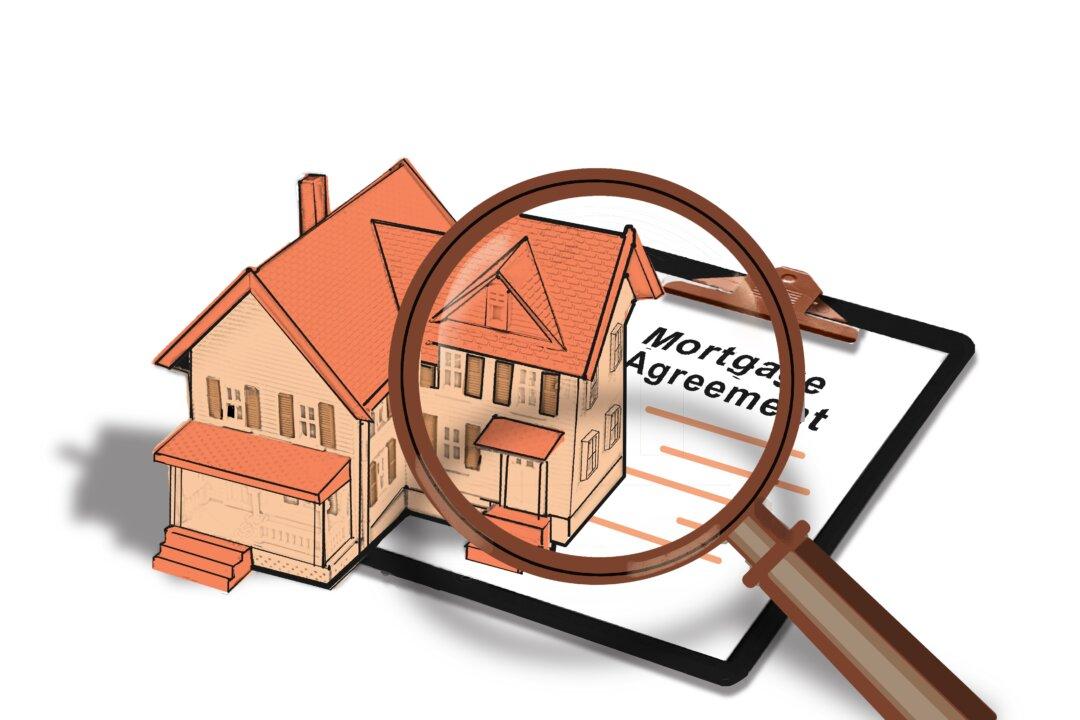Dear Monty: I rented out my house to a couple I thought were married. A year later, they decided to buy a home. The woman contacted me by phone with the news that they were not married, and the loan she applied for stated she had to be living alone. She then said they were splitting up once they moved. The form I received from the lender only asked about paying on time, which she did. Even though the lender didn’t ask, should I have included that her possible husband was on the lease? I have since found out he is living in the new house. I should report her. Was she committing mortgage fraud?
Monty’s Answer: Lying on a mortgage loan application is illegal. It is likely mortgage fraud. Here is a dated Dear Monty article about mortgage fraud that offers information about what you can do: DearMonty.com/neighbor-committing-mortgage-fraud. Mortgage fraud is a serious problem for the taxpayer. The dollar amounts on a single transaction loss are so large that the overall losses are significant. She lied to you. If you want to report her, the resources in the link above will investigate and determine if it is a crime. Penalties can be severe, but they vary from state to state.




